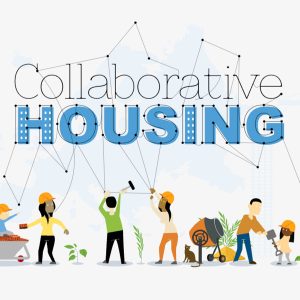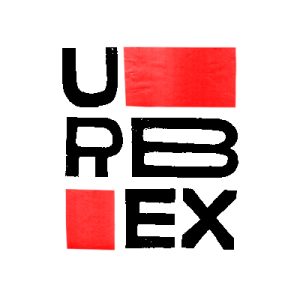IN-HABIT is an Horizon 2020 project led by the University of Cordoba. The overall objective of IN-HABIT is to foster Inclusive Health and Wellbeing in peripheral small and medium size cities by means of mobilizing resources around a core topic and galvanize them through solutions that integrate cultural, digital, nature-based and social innovations applied to the co-design, co-development and co-management of urban public spaces. Tesserae has a core role in the project, leading WP5 dedicated to the engagement of citizens and stakeholders all along the five years project. We are in charge of delivering a methodological toolkit for civic engagement (Stakeholders Engagement with Gender and Diversity perspective Toolkit), training the local community activators of the four cities and supporting their PPPPs, steering the co-production of four Inclusive Transition Pathways, and finally reporting and disseminating the experience.
Four small and medium size cities – Cordoba (Spain), Riga (Latvia), Lucca (Italy) and Nitra (Slovakia) – will take the leadership to test visionary and integrated solutions to foster Inclusive Health and Wellbeing (IHW) with a focus on gender and diversity. IN-HABIT visionary approach consists on the innovative mobilization of existing undervalued resources (culture, food, human-animal bonds and environment) to increase IHW. The integrated approach is based on the combination of technological, digital, nature-based, cultural, and social innovations in selected urban public spaces. These solutions will be co-designed, co-deployed and co-managed with and by local stakeholders. The effects on mental health, wellbeing and healthier lifestyles of these solutions will be evaluated and a sound scalable evidence-base and monitoring framework delivered. A systemic urban planning framework will be developed based on innovative gender and diversity approaches to boost IHW that will represent a unique reference for SMSCs.
IN-HABIT will base its actions on underserved areas and vulnerable target groups existing in each city (such as, children, elders, women, persons with disabilities, ethnic minorities), and on the integration of ‘hard’ and ‘soft’ visionary solutions articulated around heritage and culture (as a nexus for inclusive societies), food (nurturing daily healthier lifestyles), animals (human-animal bonds as new relational urban goods) and art and environment (to connect places and people). Bogotá city will share know-how and replicate experiences.
Website
Project Partners
- University of Cordoba
- University of Reading
- Università di Pisa
- Isimpact
- Ayuntamiento de Cordoba (CORD)
- Nodibinajums Baltic Study Center
- Rigas Planosas
- Comune di Lucca
- Lucca Crea
- Book on a Tree
- Design for Change Espana
- Bridge for Billions


